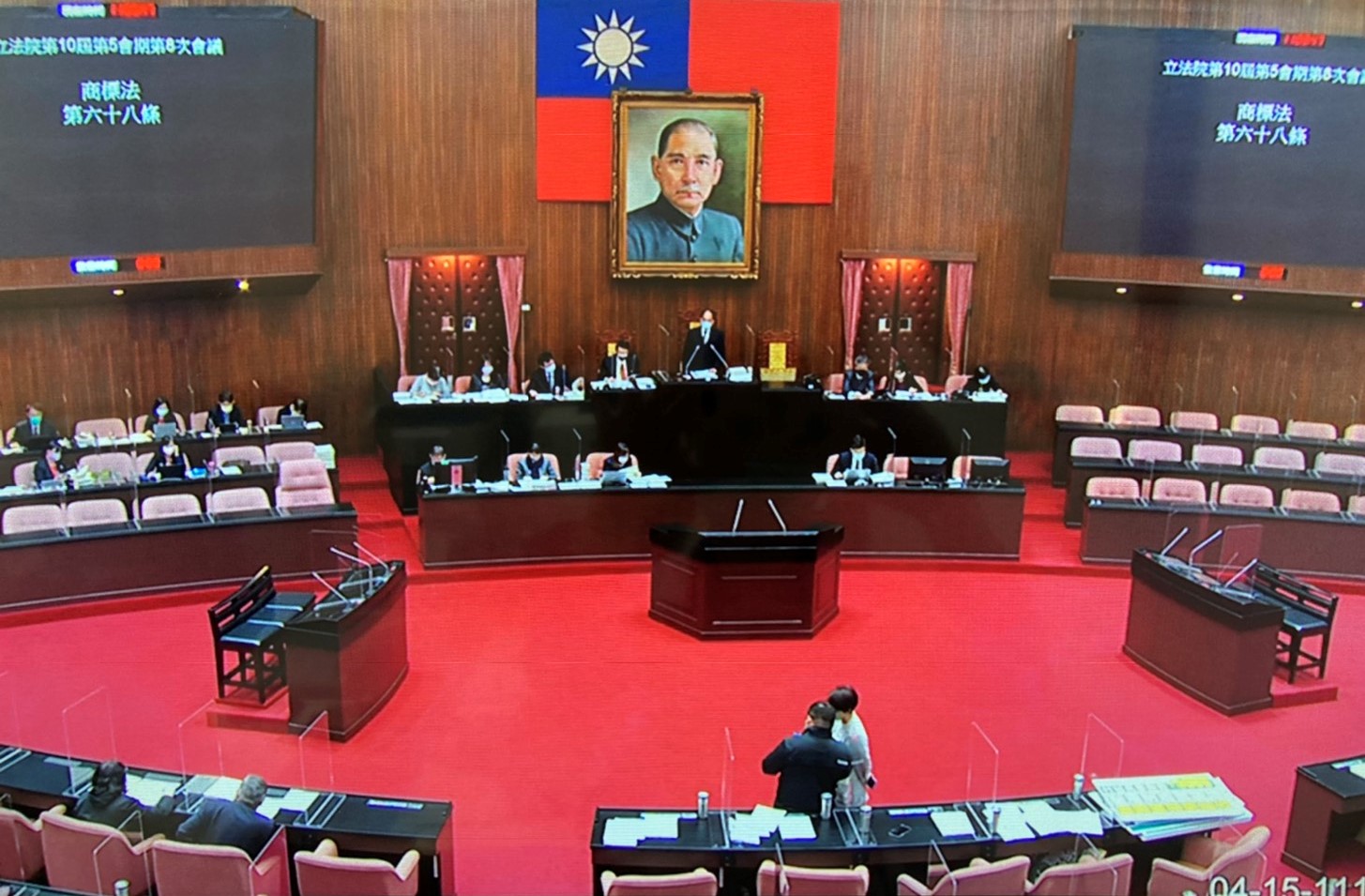Bid to Join CPTPP: Legislative Yuan Approves Draft Amendments to the Copyright Act, Trademark Act, and Patent Act

The Legislative Yuan passed draft amendments to the Copyright Act, the Trademark Act, and the Patent Act on April 15, 2022 to ensure that Taiwan’s IPR laws comply with the regulations of the Comprehensive and Progressive Agreement for Trans-Pacific Partnership (CPTPP). Main draft amendments include:
I. Amendments to the Copyright Act
1. Instances of illegal digital piracy, distribution, and public transmission constituting serious infringement are now considered offenses indictable without complaint. “Serious infringement” is determined by the following conditions: (1) infringement of work provided not for free by another person; (2) reproduction in their original form; and (3) infringements resulting in damages exceeding NT$1 million.
2. Optical disc piracy is no longer a major source of infringement and will therefore revert back to general liabilities – increased penalties for the reproduction and distribution of pirated optical discs have since been removed.
II. Amendments to the Trademark Act
1. Criminal provisions for counterfeiting labels of trademarks or collective trademarks have been added, and criminal liabilities now apply to some preparatory and contributory acts of infringement – including the importation of counterfeit labels or packaging.
2. According to the existing Trademark Act, the subjective condition for counterfeiting labels to be held civilly and criminally liable is that the acts were carried out “knowingly.” This condition has since been deleted and civil liability will revert to “intentional” and “negligent” acts, whilst criminal liability will be determined by “intentionality".
lll. Amendments to the Patent Act
1. Taiwan implemented a patent linkage system on August 20, 2019 under the Pharmaceutical Affairs Act. New amendments were added to stipulate the legal basis for patent holders to sue generic drug manufacturers that make a P4 declaration for patent infringement.
2. If the patent holder does not file a suit within the stipulated time period, the generic drug manufacturer may file a declaratory judgement to ascertain whether any infringement has occurred, which will prevent future infringement lawsuits after the generic drug is launched.
Related Links
- Publish Date : 2022-05-04
- Update : 2022-05-04
- Organization : International Legal Affairs Office
- Visitors : 615

 Sitemap
Sitemap FAQs
FAQs Feedback
Feedback Bilingual Glossary
Bilingual Glossary